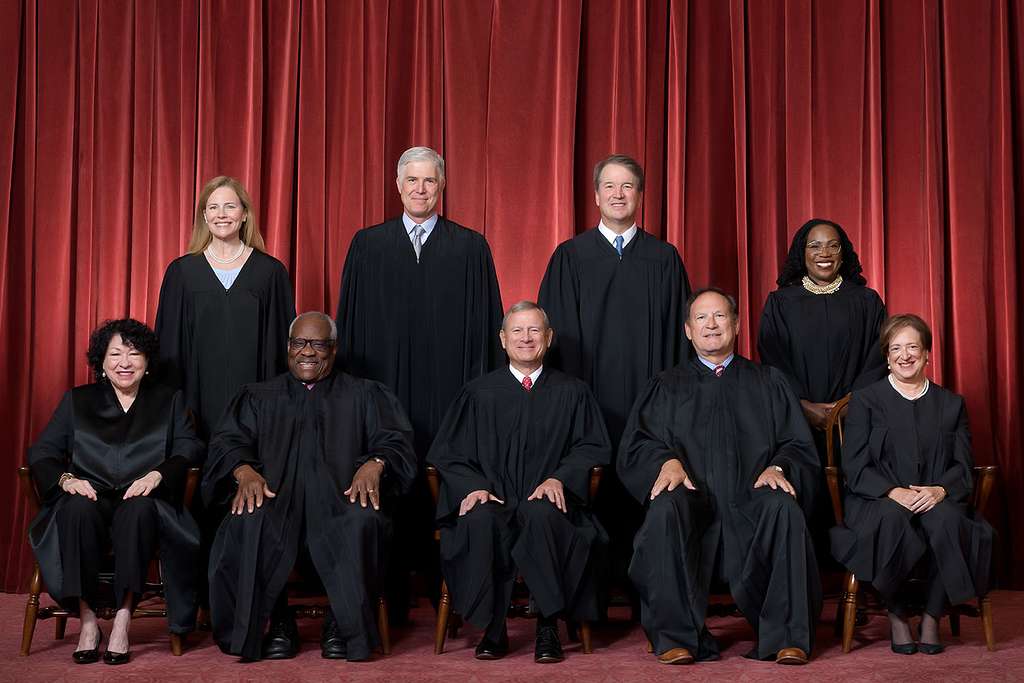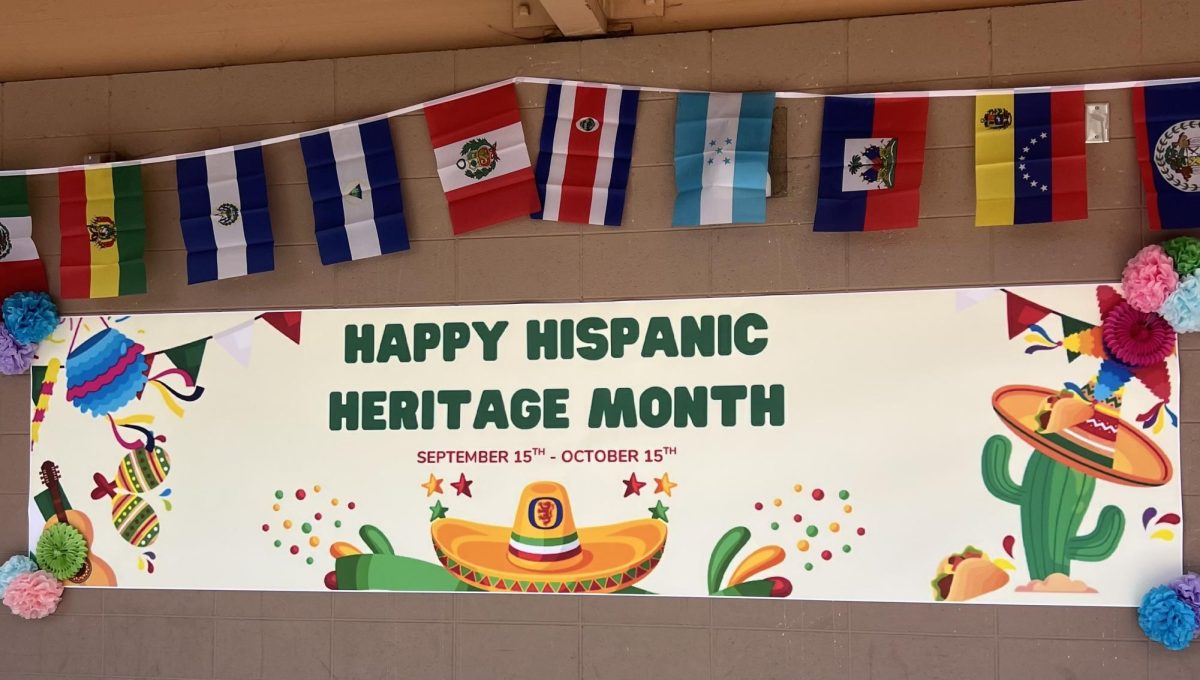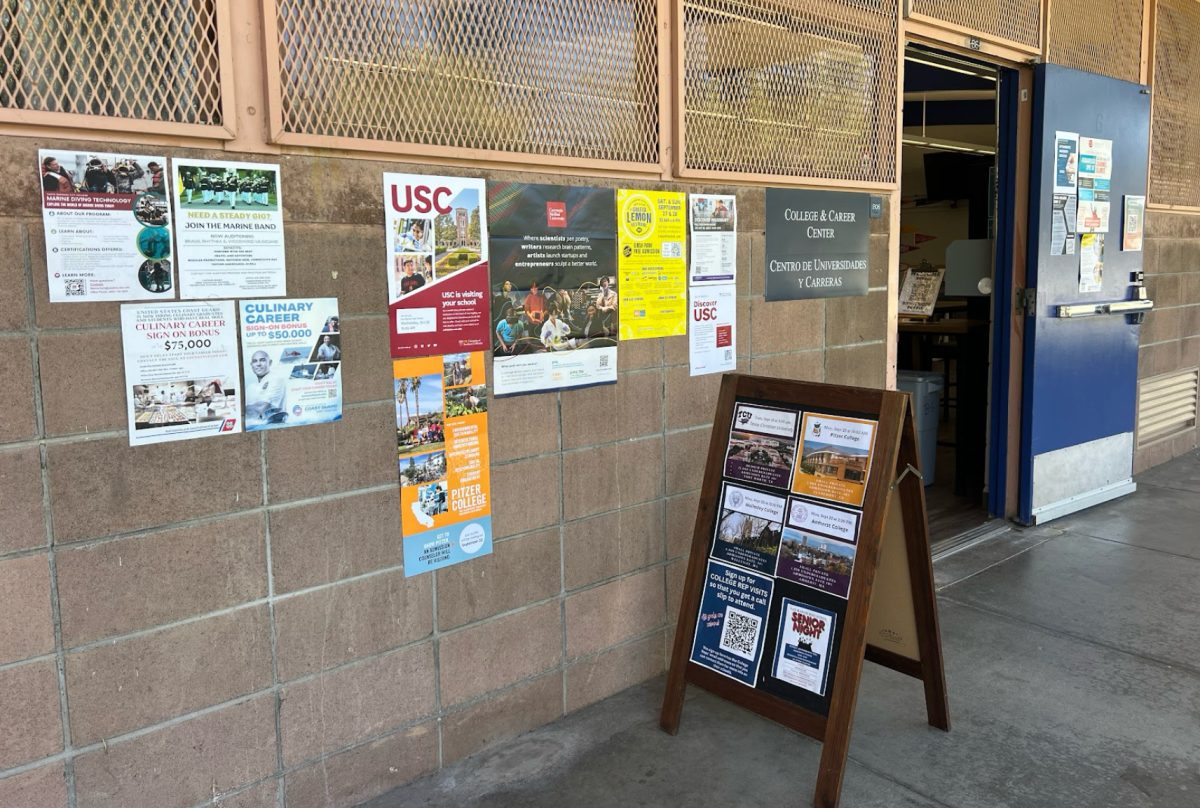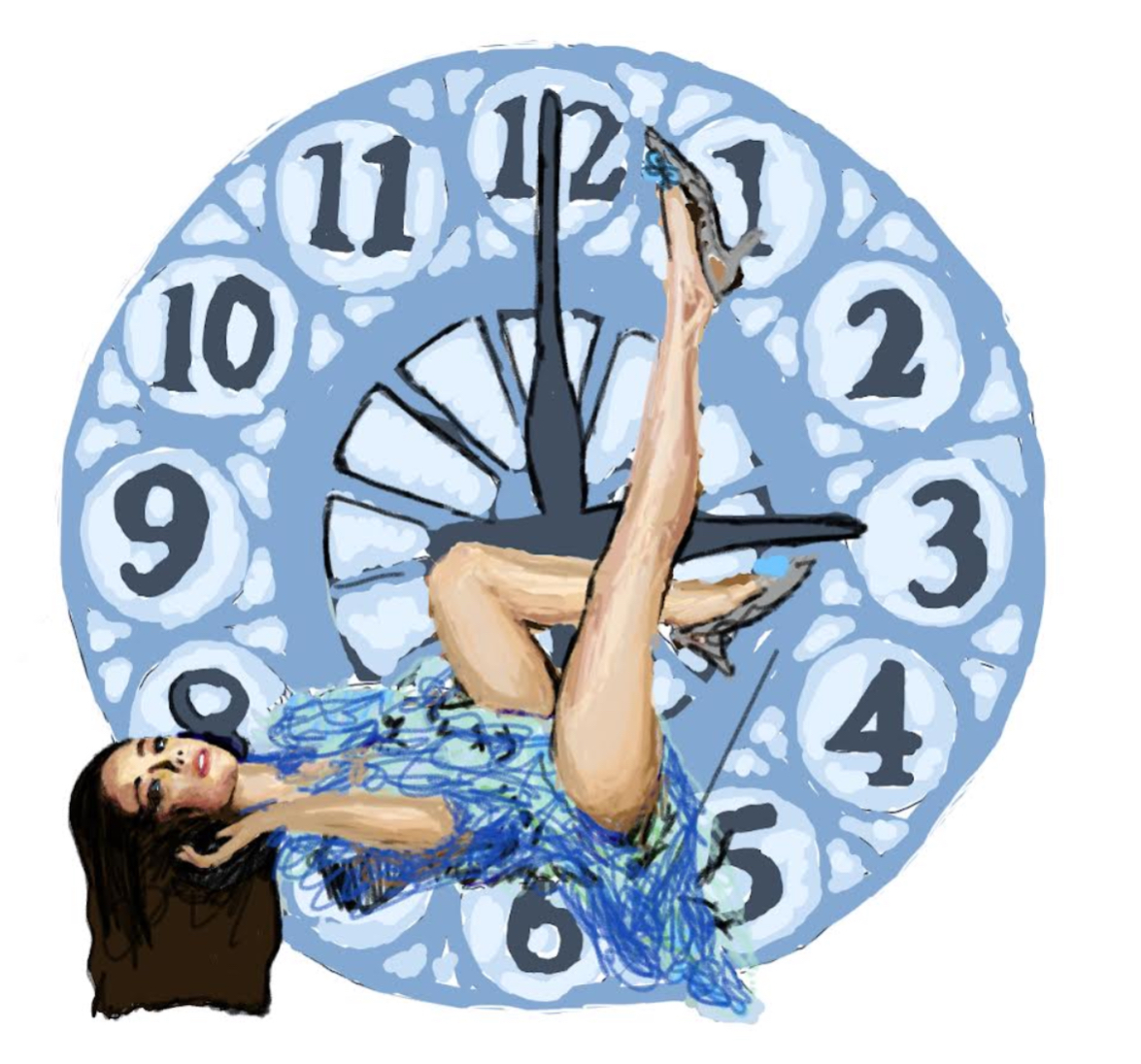You wake up the day after Thanksgiving with your stomach full of turkey and mashed potatoes, and realize it is Black Friday – the day thousands of American households eagerly await. BOGO, 30% off, some of the steepest deals of the year – it is a penny pusher’s dream. But is Black Friday really all it is hyped up to be?
Hordes of shoppers, eager to snag the best deals possible, flood malls and stores all around the country. This prominent cultural phenomenon has garnered mixed opinions over the years. Some question whether it is overly capitalistic, while others argue that the deals are genuinely some of the best you can get your hands on.
The roots of Black Friday trace back to Philadelphia in the 1950s. The term itself was used to describe the overcrowded streets and the influx of traffic jams that occurred the day after Thanksgiving when shoppers rushed to stores in search of coveted holiday bargains. Over time, it became a beloved tradition for some but a real annoyance for others. Retailers seemed to catch on to what the customers were doing, so they extended their hours and offered substantial discounts to lure as many customers as possible.
Black Friday encourages excessive consumerism, with shoppers buying anything and everything they really don’t need if it is marked down enough. Some retailers have been accused of exploitative practices on both shoppers and the unlucky employees working on the busiest day of the year. For instance, employees are often required to work painfully long hours, and customers have been known to engage in unnecessarily violent behavior to grab the best deal before anyone else can. Finally, the environmental impact of Black Friday is significant, as the mass consumption associated with this day contributes heavily to large amounts of waste and pollution, negatively impacting the environment.
According to the Green Alliance, “Up to 80% of items bought on Black Friday, including the packaging they arrive in, are thrown away after a few uses, some without being used at all. In the U.S. waste increases by 25% between Black Friday and the New Year.” The intense consumerism that powers Black Friday not only generates colossal amounts of waste negatively impacting the environment but also promotes a disposable mindset, where the thrill of a deal “too good to be true” outweighs the consideration of long term impacts on our world.
Sophomore Lindsay states, “It’s cool that you can get stuff you want for cheap.”
In the end, the question of whether Black Friday is overrated or underrated is a matter of balance between being a responsible consumer and enjoying the benefits of discounted products. Regardless of where you may stand in this argument, remember that a mindful approach to consumption and responsible shopping practices can help you make the most of this annual event.






















